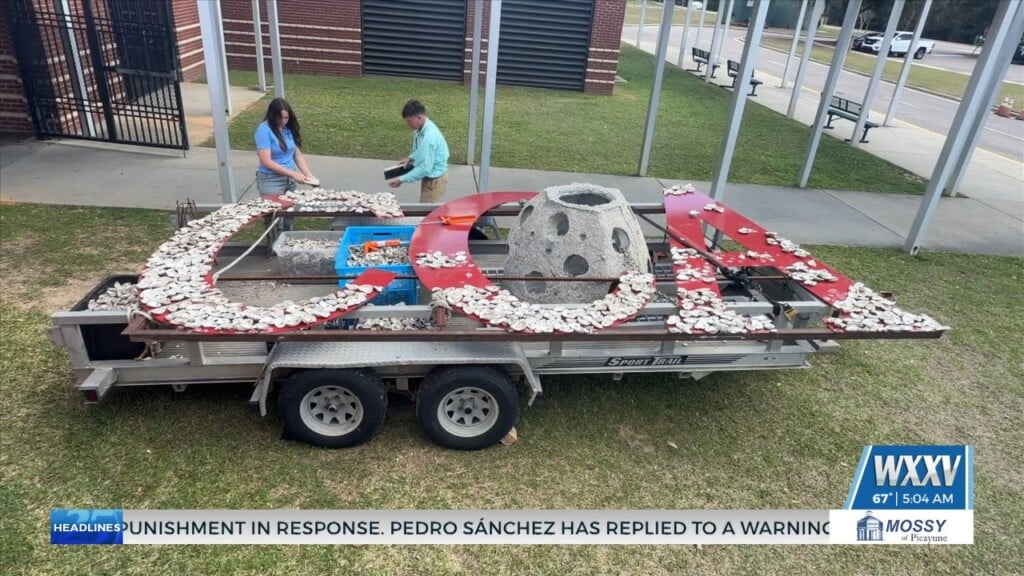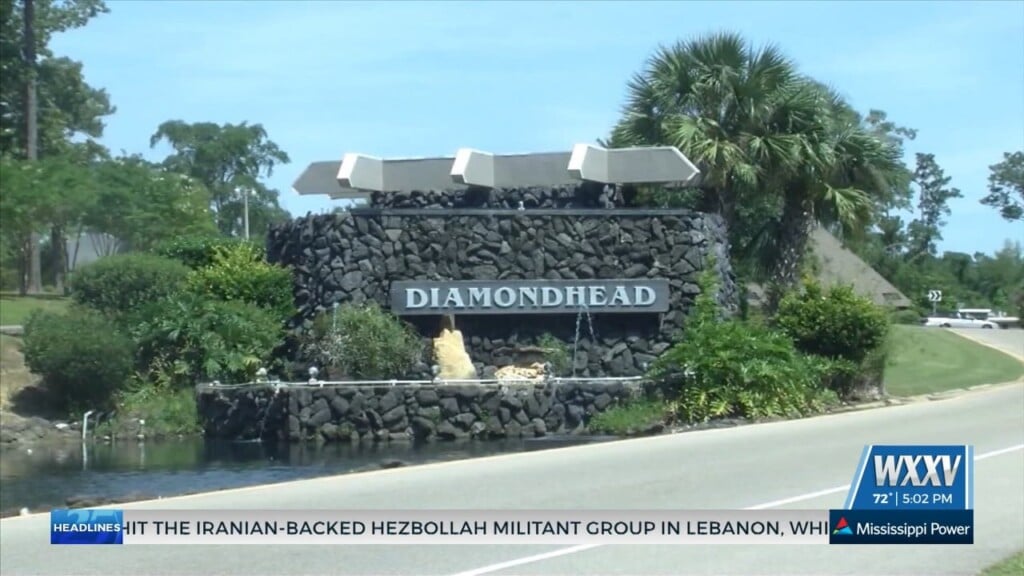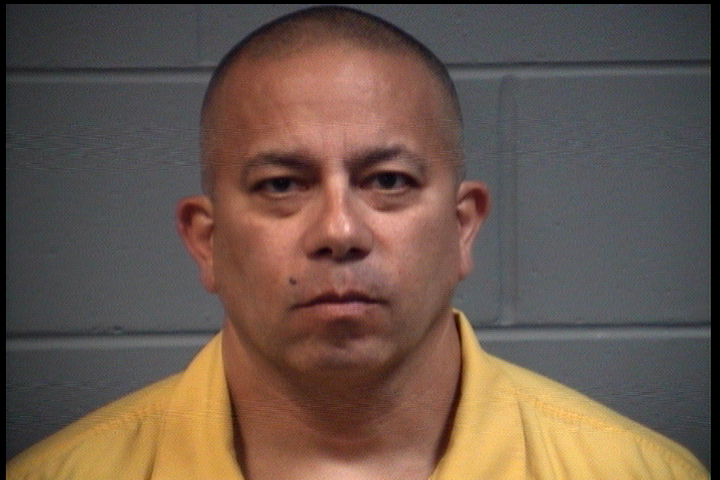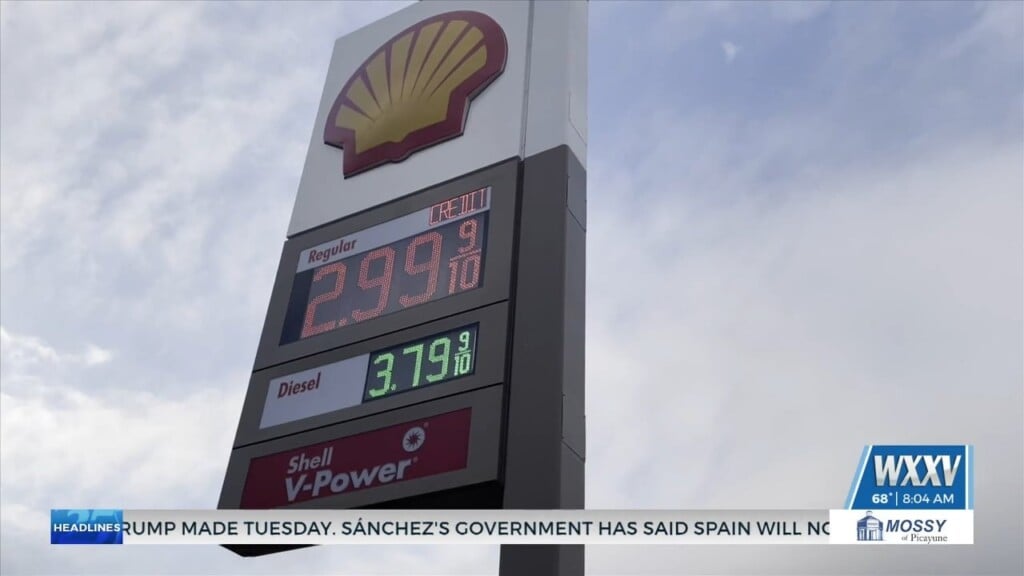‘School choice’ bill sending taxpayer money to private schools stalls in Mississippi House
A bill that would allow some Mississippi parents to use taxpayer money to pay for private school does not have the support to pass this session, House leaders said Wednesday.
The early demise of one of Republican House Speaker Jason White’s top policy priorities came after proponents and opponents battled to sway lawmakers. As outside forces lobbied lawmakers, they were themselves engaged in closed-door jockeying. In a private House Republican caucus meeting on Tuesday, White discovered the GOP majority could not reach an agreement.
“You probably won’t see us take up that bill,” White said on Wednesday. “We don’t have a consensus.”
House Education Chairman Rob Roberson’s legislation, House Bill 1433, would have allowed students who were enrolled in a district rated D or F within the past five years to use the state portion of their base student cost — money that would normally go to their local public school — and use it to pay for private school tuition. Students could only use the money at a private school if there were not an A- or B-rated district willing to accept them within 30 miles of their home.
“School choice, whether anybody in this circle or this Capitol likes it, is coming,” White said. “You have a president who was elected with a national mandate who has made it one of his top priorities. You have a ruby red state in Mississippi who voted overwhelmingly for President Trump.”
“So we’re all over the place in exactly what it looks like, and it was tough to find consensus on that,” White said. “It seemed like not finding a consensus and then a president who said the federal government is fixing to get involved in this in the way that we send federal money to states, it was probably good for us to hit the pause button and figure out what looks like.”
The bill passed out of the House Education Committee on a voice vote last week after Roberson denied Democrats’ request for a roll call where each member’s vote could be recorded.
Rep. Dana McLean, a Republican from Columbus, walked out of the committee meeting when the bill came up for debate. McLean declined to comment on how she would have voted on the measure and walked away from reporters when pressed for more specifics. McLean will likely have to run in a special election this year because of redistricting.
Opponents said it was clear the bill did not have the votes to advance out of committee, so Roberson advanced the measure on a voice vote with uncertain results. White — who pointed out that voice votes are common practice under the Legislature’s procedures — also acknowledged that members might have wanted to spare themselves from taking a tough vote.
According to multiple House members, White asked Republican House members to simply advance the measure out of the Committee, but he did not suggest it would pass the full House chamber on the floor.
As those discussions between lawmakers were taking place in private, public school advocates waged a furious campaign to scuttle the bill ahead of a Thursday legislative deadline.
Mississippi Professional Educators, the state’s largest teachers union, warned in an email to supporters that pro-school choice lobbyists were polling House members over the weekend on whether they supported House Bill 1433.
“If HB 1433 should make it through the legislative process and be passed into law, it opens the door for universal school choice and vouchers in our state,” wrote Kelly Riley, the union’s executive director.
White confirmed on Wednesday that some Republican House members support such a policy.
The school choice push has been intertwined with debates over race and class in education. Those against school choice say the policies could effectively re-segregate schools. School choice supporters say some high-performing school districts fight school choice measures to avoid accepting students from poor and minority backgrounds.
White said school choice measures — which also include making it easier for students to transfer between public schools and attend charter schools — improve competition and student outcomes.
Even as House Bill 1433 appeared dead, the House passed another bill that would increase the number of charter schools in the state. The bill would allow charter schools to open in an additional 31-35 districts, which Democrats said would further starve existing public schools of resources.
It is not clear whether that bill has enough support to pass the Senate, where school choice measures have been a tougher sell.
Roberson said members were left wondering what the Trump’s administration broad definition of school choice could mean for the state. Prematurely locking the state into the proposed law could have shut the state out of federal money in the future, he said.
“We gathered in the office to look at this to see ‘ok, well what does this mean,’” Roberson said of the Trump administration’s proposals. “And of course, none of us really know exactly what that means. Especially in view of the fact that you have such a wide definition of what school choice is.”



